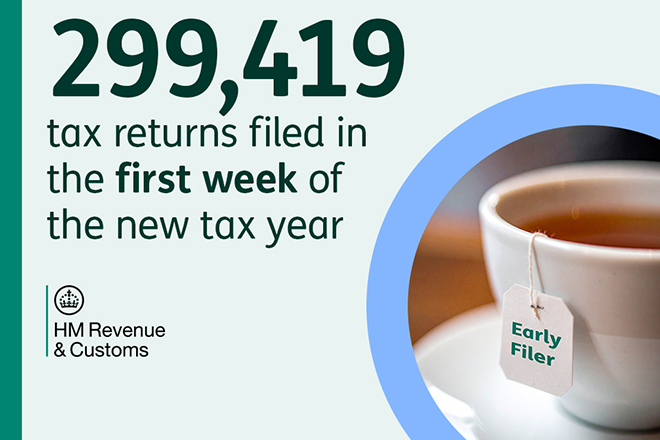
HMRC gives extra month to complete self-assessment tax returns
HMRC is to wave penalties for late filing and late payment for one month for self-assessment taxpayers. This is to give extra time, if needed, to complete your 2020 to 2021 tax return and pay any tax due, and to ease Covid-19 pressures.
HMRC says it recognises the pressure faced this year by self-assessment taxpayers and their agents to meet their obligations in time for the 31 January deadline. The penalty waivers give you more time to complete and file your return online and pay the tax due without worrying about receiving a penalty.
The deadline to file and pay remains 31 January 2022. The penalty waivers will mean that:
• Anyone who cannot file their return by the 31 January deadline will not receive a late filing penalty if they file online by 28 February 2022
• Anyone who cannot pay their self-assessment tax by the 31 January deadline will not receive a late payment penalty if they pay their tax in full, or set up a Time to Pay arrangement, by 1 April
• Interest will be payable from 1 February, as usual, so it is still better to pay on time if possible.
Angela MacDonald, HMRC’s deputy chief executive, says: “We know the pressures individuals and businesses are again facing this year, due to the impacts of Covid-19. Our decision to waive penalties for one month for self-assessment taxpayers will give them extra time to meet their obligations without worrying about receiving a penalty.”
The existing Time to Pay service allows individuals or businesses who need it the option to spread their tax payments over time.
The 2020 to 2021 tax return covers earnings and payments during the pandemic. You will need to declare if you received any grants or payments from the Covid-19 support schemes up to 5 April 2021 on your self-assessment, as these are taxable, including:
• Self-Employment Income Support Scheme
• Coronavirus Job Retention Scheme
• Other Covid-19 grants and support payments such as self-isolation payments and local authority grants.
You should not report the £500 one-off payment for working households receiving tax credits in self-assessment.
Find out more about self-assessment.

